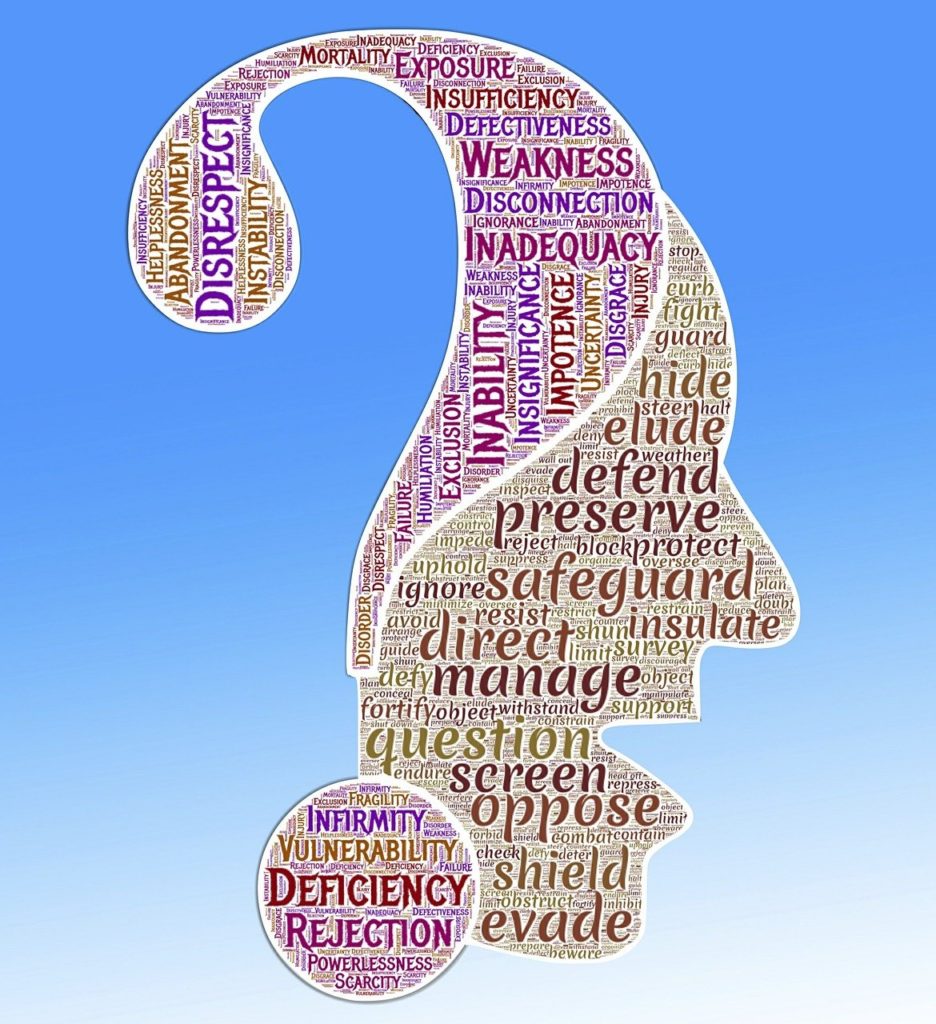
Years ago, I served as a mathematics supervisor for a school board serving 50,000 students spread across 70 elementary schools and 16 high schools. My job was to build the K -12 mathematics program, test the students and provide in-service for the teachers. As part of this process, I convened a committee composed of the 16 heads of the mathematics departments to create a mathematics contest for bright students.
The math departments in some of the high schools were headed by people with good leadership skills and the ability to coalesce their associates toward the achievement of shared goals. Other departments were led by mathematically capable people who were less able to mobilize their colleagues toward a common purpose. One department head, in particular, had impressed me with his ability to motivate his staff and build a strong supportive department. He had excellent people skills (EQ) and was liked and respected by his colleagues. His accomplishments in this area suggested to me that he was probably more intelligent than the others.
During a meeting in which I was vetting some challenging mathematics problems with the mathematics department heads for inclusion in the mathematics contests, I observed them working through the solutions. To my surprise, many of the best problem solvers were introverted types who had very limited leadership skills, while this charismatic department head was struggling with the kinds of problems you encounter on an IQ test. I had expected that this person who had the talent to run an efficient department was probably more intelligent than the others, yet it became apparent that he was much less capable in logical reasoning.
In the years that followed, I observed that many of the best leaders are those who have a high understanding of how to motivate people (a component of EQ) but often less capable in the tasks they assign to others. (An old adage asserts, “The person who knows how to do something usually works for the person who knows why it must be done.”) I also found that people tended to be poor leaders in an area where they were the most capable because they were reluctant to delegate these tasks to others. However, when working in an area where they regarded others as more capable or knowledgable, they were much better at leadership and delegating responsibilities. Similarly, we observe that many of the best coaches in athletics are people who were not the most outstanding athletes in the sport they coach.
Many very high IQ people are introverts who are not interested in leading others and merely want to focus on what interests them. These are people like Newton, Einstein, and most Nobel Laureates. Consequently, they end up in jobs or professions where they are not responsible for the productivity of others. Gifted entrepreneurs like Steve Jobs, Jeff Bezos and Elon Musk–all high IQ people–are deemed to have (or had) low EQ, so they hired others to help them with the people management in implementing their vision. Of course, there are extremely high IQ people, like J. Robert Oppenheimer, who devoted some attention to acquiring people skills and became great leaders, but these high IQ – high EQ people are probably the exceptions that prove the rule.
So, most of the great leaders of the world are probably people of higher than average IQ, but with substantial EQ, while most of those with IQ in the stratosphere, are typically introverts who are marching to the beat of their own drummer. Which combination of EQ and IQ is most advantageous may depend upon what you wish to achieve, but it would seem that a rich combination of both would be a winning combination.
